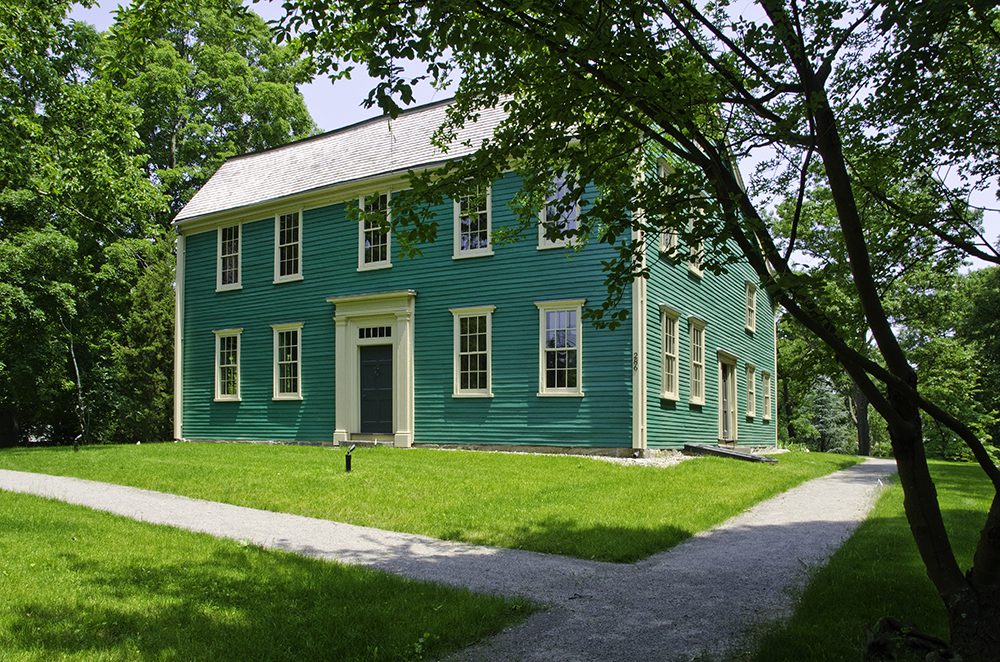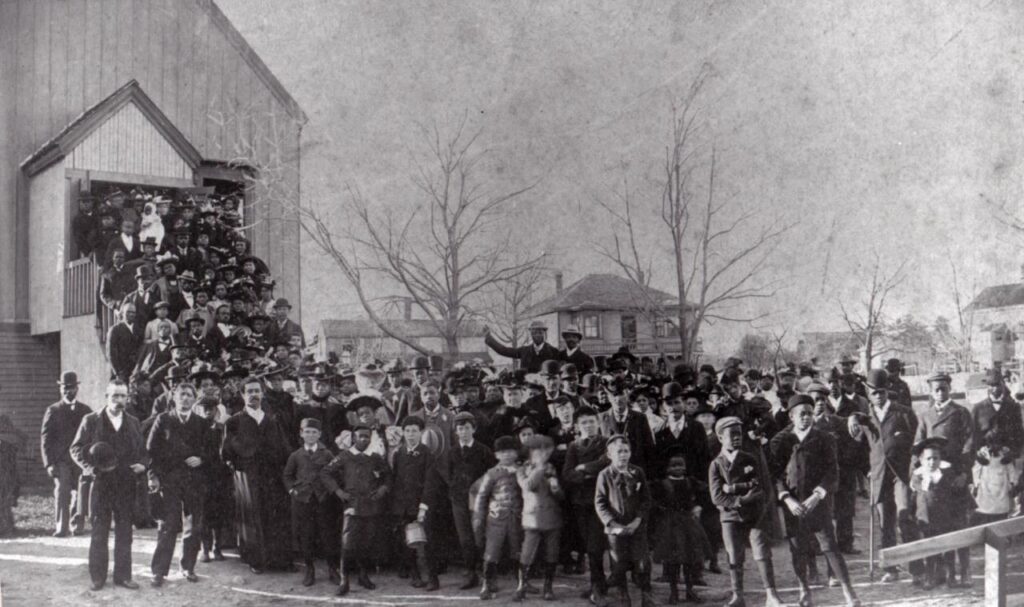black history month photo
Black History Month has long been observed in February as a time to bring more awareness to the struggles and boundless contributions of Black Americans.
It’s been “officially” designated since 1976, and though much of the focus is on national history, there are also ways to learn about Black history in Newton and local communities.
According to Historic Newton, a partnership between the Newton Historical Society and the city, “Black history has always been an integral part of Newton’s history.” They have some online and community resources so residents can “explore the complexity of the institution of slavery, learn about the ways that people have battled for racial justice, and examine the contributions of Black Newtonians to our city by using these resources.”
Learn about Black history in Newton

In-Person Experiences
- Jackson Homestead: Visit this federal-style home and museum on Washington Street in Newton to learn more about its connection to the Underground Railroad. Built in 1809, it houses permanent exhibits about the “history of food, farming, and family life; slavery and anti-slavery; and notable people and events in Newton.” The “Confronting Our Legacy” exhibit “explores the sometimes forgotten institution of slavery in the North during colonial times and the work of Newton abolitionists.”
- Durant Kenrick House and Grounds: Built in 1734 and restored in 2013, this farmhouse has a family-friendly museum and historic gardens. Exhibits explore the lives of the Durant, Kenrick, and Dewing families, including the Kenricks involvement in the abolitionist movement.
Admission for both of these museums are free the first weekend of the month.
Online Resources

Exhibits
- Seeking Freedom in 19th Century America: “Explore American slavery and anti-slavery activity through four stories of individuals with ties to Newton who sought their own freedom or assisted others in gaining freedom.”
- Finding Pamela: Writing a New History: “Learn the extraordinary story of Pamela Sparhawk, a formerly enslaved Black woman who in 1818 petitioned the Massachusetts General Court to be recognized as heir to her brother’s estate.”
Educational Programs
- Journey on the Underground Railroad: “Explore the complexity of the institution of slavery and the various ways people battled against it, including those involved in the Underground Railroad at the Jackson Homestead.” (For school groups or adults)
- Black Newton: Building a Community: “Examine the important place of Black Newtonians in our city, from Newton’s earliest days through the 21st century.” (Lecture or walking tour)
Recorded Lectures
- Voting Rights: Where Do We Go from Here?: Gloria J. Browne-Marshall, author of “The Voting Rights War,” examines laws posing challenges to American voters – especially African-Americans – from enslavement and women’s suffrage through current controversies of voter suppression. (Watch here)
- Searching for the Promised Land: The Great Migration: Following the routes and roadblocks of Black migrants, Davarian Baldwin, author and professor at Trinity College, speaks to the hopes and limits of the American Dream for us all, with special ties to Newton’s history. (Watch here)
Though it’s not a museum or exhibit, the Myrtle Baptist Church in West Newton is one of the oldest Black congregations in the country, and a keystone in Newton’s Black history. Keep an eye out for upcoming coverage of this cultural institution and community resource.